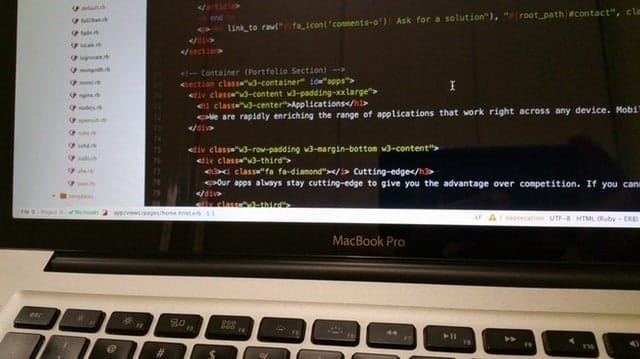
“Right now, you could argue that the most powerful people on Earth are a bunch of nameless, faceless, 17- to 35-year olds. It’s like the hacker ruling class.”
This stunning quote is from the 2012 hacking documentary, We are Legion: The Story of the Hacktivists, is a succinct and accurate description of typical members of the computer hacking collective that calls itself “Anonymous”. This documentary shades toward depicting hackers as libertarians who use their skills to fight government and corporate interest that the group considers to be corrupt. To a lesser extent, it also exposes hacking as a criminal activity that can have devastating consequences for any entity that finds itself in the collective’s crosshairs.
Regardless of whether a hacker’s actions are driven by criminal intent or social justice, the hackers in We Are Legion and other hacking documentaries place a spotlight on the real costs of a hack attack. The national data breach insurance carrier, CyberPolicy, Inc., notes that “[a]s of 2014, the average cybe attack cost small business owners close to $21,000, nearly as much as what it costs to start a small business.” Other documentaries that shed light on the hacking world further emphasize this reality.
The Discovery Channel’s 2001 documentary, The Secret History of Hacking, traces the early roots of computer “hacktivism” from the 1970’s through the 1990’s, with particular focus on the renowned hacker-turned-cybersecurity specialist, Kevin Mitnick. This film reveals the evolution of hacking from a hobbyist’s pastime through to the beginnings of cybersecurity problems, including how law enforcement took up the battle against hackers as hacking activities led to greater financial losses for affected parties.
Defcon: The Documentary was filmed over four days in 2012 at the twentieth meeting of the “Defcon” hackers’ convention in Las Vegas. This documentary erases any lingering beliefs that hackers are a fringe or marginal force that can be ignored or discounted. It also dispels the stereotype of a hacker as loners or societal outcasts, and shows members of the hacking community as becoming more organized to address common issues. The obvious inference is that as hackers do become more organized, their techniques will gain in sophistication and their efforts will be more successful.

The Hacker Wars (2014) attempts to draw attention to the social justice motivation that drives some hacktivists who use their skills to fight back at the government’s perceived attempts to control information. This documentary focuses on three individuals and data leaks of intelligence information, but it ignores the more prevalent hacking problem that targets companies and causes significant losses that can lead to the end of those companies and to financial setbacks for their owners.
The hacker’s collective, Anonymous, was also featured in another 2012 documentary, Hackers World: Anonymous Investigation. This documentary features a rare interview with a self-styled member of the Anonymous collective. Some viewers might see this film as a vindication of certain types of hacking activities. Yet “hacking” encompasses far more than using programming skills for social justice. The greater majority of hackers in the modern computing world are using their skills for financial gain through the theft of data and other information.
The single common thread that runs through all of these and other hacking documentaries is that regardless of law enforcement efforts to thwart their activities, no computer network is safe from hackers. A single hacking attack can wipe out a company’s profits and expose it to ruinous litigation from third parties whose data might have been lost in the attack. By providing resources and assets to compensate for losses and liabilities, data breach insurance can be the difference between a company’s remaining in business and shutting down. This is particularly true for small and medium size businesses that do not have a large pool of cash that can be accessed to weather a hacking storm.


